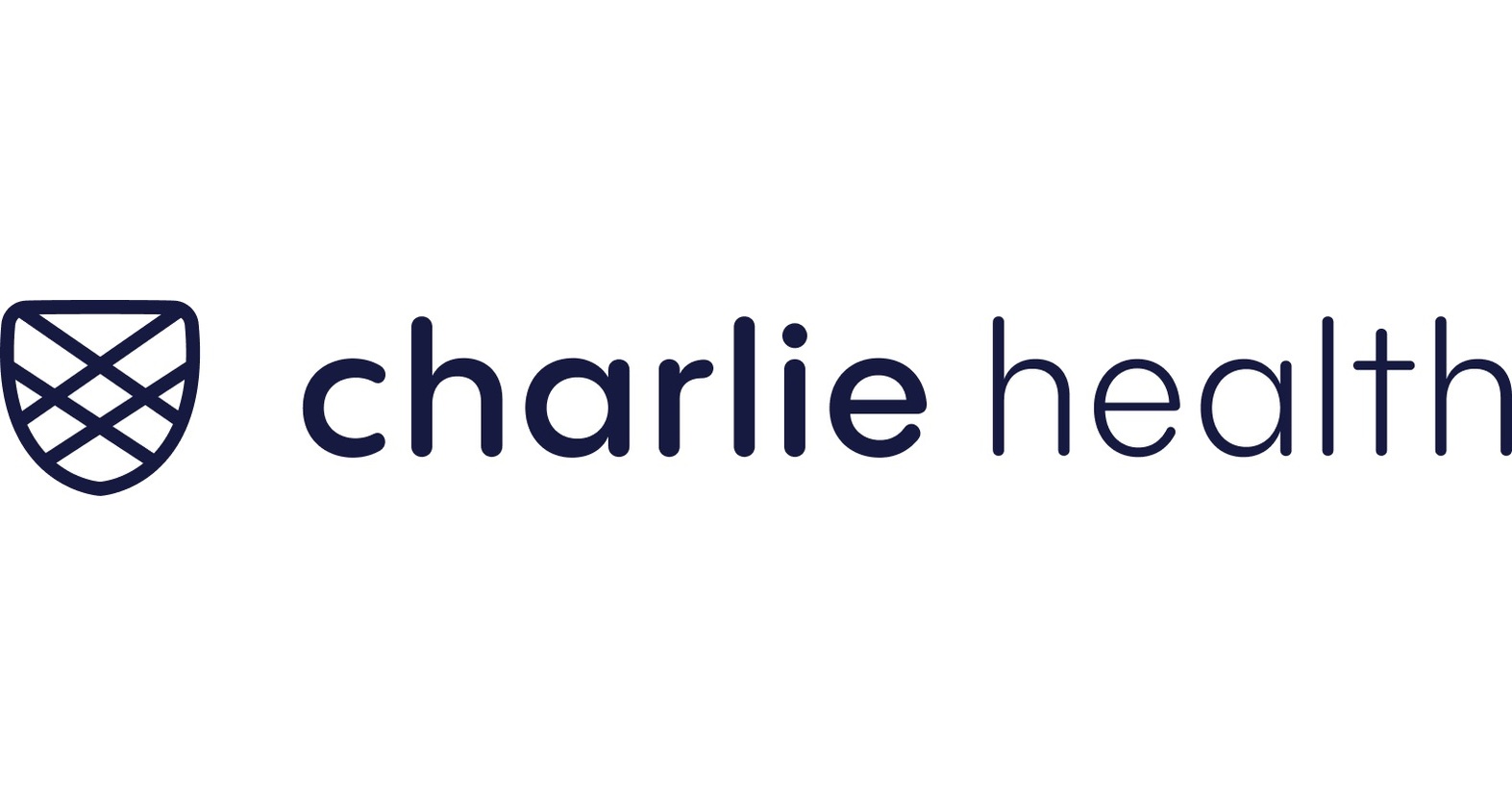What should you do if you have been denied health insurance coverage? What options do you have if you have been denied individual health insurance coverage? What are some of the common reasons that health insurance coverage can be denied?
In a nutshell, if you have been rejected individual health insurance coverage due to pre-existing conditions then you should first of all shop around and compare rates from multiple companies. After all, different health insurance companies have different underwriting guidelines and just because you have been denied coverage with one company does not necessarily mean that the next company will do the same. Having the services of an experienced independent health insurance agent at a time like this is a definite plus.
If for any reason you are rejected from receiving health insurance by a company, you may also want to try to look for companies that don’t require you to answer questionnaires, or even better go for some that can give you at least a little coverage for a low-cost – this is a last option though as almost all individual plans that do not have medical underwriting are really just discount plans in disguise and will not give the coverage that a true major medical comprehensive health insurance plan will.
Some states (29 to be exact) have what are called high risk pools. These were created to serve those people that are considered medically uninsurable or those that are described as a “high risk” for the insurance companies. What these pools do is give those people that have been turned down an opportunity of having health insurance. With a high risk pool you will never be turned down for any reason and the best part is that it will help you pay for large medical costs.
There are however, a bunch of things that might be viewed as cbdwardcom to the customer deciding whether or not to consider a high risk pool. Some of the disadvantages include that the state can terminate your coverage if there is legislation against it, there are usually long waiting lists, the cost is much higher than private health insurance plans and you can lose eligibility if you move or if you start receiving Medicare and Medicaid. If you want to know if your state is one of the 29 that offer “high risk” pools or for more contact information to enroll in one of them then you should speak with a health insurance broker local to your state. Again, keep in mind that a high risk pool should be one of the last options that you consider.




